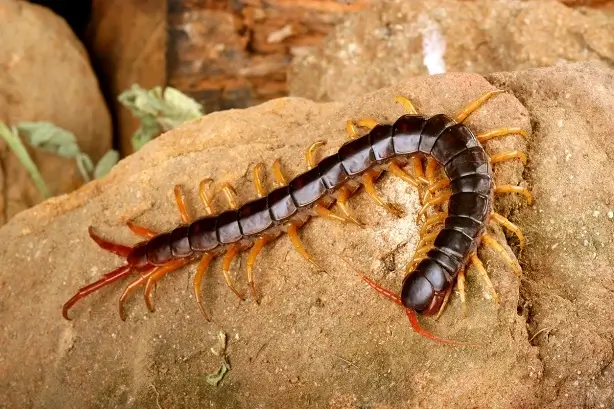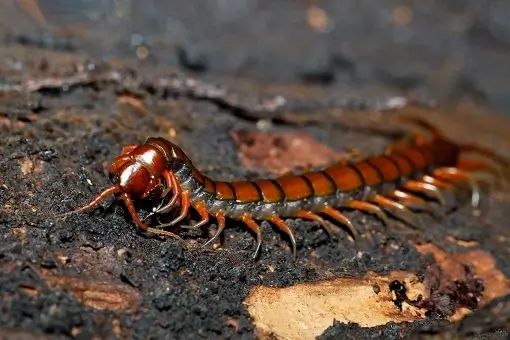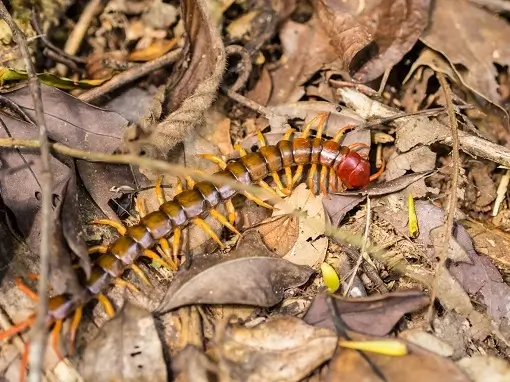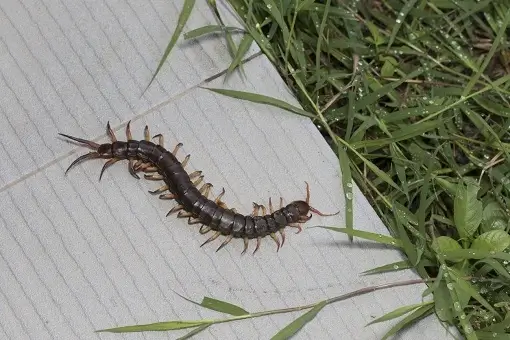
Centipedes
Centipede Control in Texas

Centipedes are mostly a nuisance pest, but can bite humans. However, this is not generally a serious concern. Young centipedes are usually not able to penetrate skin, and bites from larger centipedes usually only cause minor irritation similar to mild bee stings. Centipedes are also a predator species of arthropods, removing any other pests from your home that centipedes feed on will also help to remove the centipedes themselves from your home.


Questions that People Most Frequently Ask Us
Take a look at some of the typical questions that pop up in the minds of our clients
How do centipedes move?
Centipedes move by crawling. They have long legs that help them move quickly. Centipedes can also climb walls and ceilings.
Are centipedes dangerous to my pets?
No, centipedes are not dangerous to your pets. However, they can bite humans and animals. The bites are usually not serious and will go away on their own.
What attracts centipedes to my home or business?
Centipedes like dark, damp places. This means that they are often attracted to basements, crawl spaces, and other areas that are not well-ventilated.
Where do centipedes live?
Centipedes like to live in dark, damp places. This means that they are often found in basements, crawl spaces, and other areas that are not well-ventilated.
Are centipedes good for my garden?
No, centipedes are not good for your garden. They will eat your plants and can damage your property.
How can I get rid of centipedes?
There are a few things you can do to get rid of them. You can contact a pest control professional for help. You can also try some home remedies, such as using diatomaceous earth or setting out traps. Whatever method you choose, make sure you take action immediately to get rid of centipedes for good.
How do I know I have a centipede infestation?
If you see centipedes in your home or business, that is a good indicator that there is an infestation. You may also notice damage to your property, such as holes in wood or chewed wires.
What do house centipedes look like?
House centipedes are small, thin insects that range in color from brown to gray. They have long legs and a segmented body. Centipedes can grow to be up to one inch in length.
Are centipedes poisonous?
No, centipedes are not poisonous. However, they can bite humans and animals. The bites are usually not serious and will go away on their own. In rare cases, the bites can become infected.
Can centipedes damage my home or business?
If you have a centipede infestation, they can damage your property. Centipedes are known to eat wood, paper, and insulation. They can also cause electrical problems by chewing on wires.
